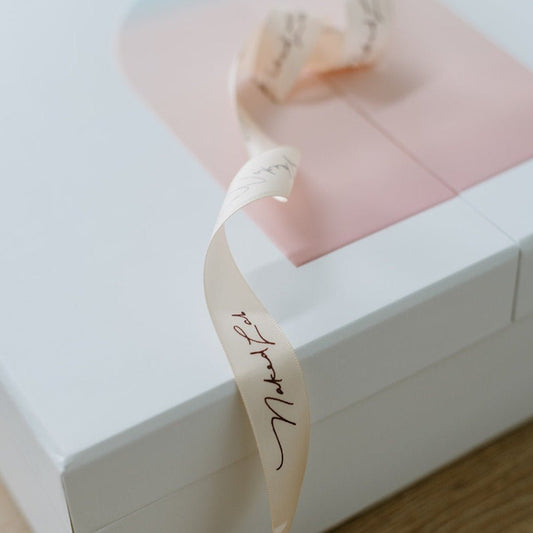
The NakedLab recycling programme: replace your old bedding
It is recommended that we get between seven and nine hours of sleep a night. As such, we are spending a third of our lives in bed, making the bedroom and your bed one of the most important parts of any home. If your bed is the most-used and most important piece of furniture, then there is no question that your bedding is the ultimate accessory. Opting for the wrong kind of bedding can negatively impact your sleep health, causing issues and often disrupted or unstable sleeping patterns, which in turn comes with its own repercussions.
Many things are taken into account when choosing bed sheets. Colour, design, price and comfort are some of the most influential factors. Despite this, bed sheets still require replacement every 18 months or so to keep your sleep healthy and happy. This is due to a number of reasons, including regular washing (which is even more frequent in hot and humid countries), general wear and tear, and for general hygiene reasons to name a few.
Your sheets' longevity
Your sheets’ longevity can be impacted (both positively and negatively) by:
Sheet circulation
This is effectively how often you sleep in your sheets. If you have multiple sets you are able to rotate, thus no single set is suffering constant use. This means less washing, less wear and ultimately a longer lifespan.
Storage
While it might seem simple, the ways sheets and bedding are stored can significantly affect their longevity. The specifics differ depending on the material, but all sheets should be kept in a cool, dry area, stored using acid-free tissue paper to prevent discolouration, and avoid sealed containers, as trapped moisture can cause mildew.
Washing
Sheets should be washed weekly in order to remove dust mites and other bacteria that benefit from a warm, moist environment. Follow label instructions that are specific to the fabric, and avoid super hot washes is one sure-fire way to keep your sheets in good condition. Gentle cycles and careful drying is critical. Sheets that are dried in the sun will not last as long, as the fabric will not hold up well when exposed to high levels of UV and direct sunlight. Air-crying or very gentle tumble drying is recommended to extend life cycles.
Longevity of quality bamboo bedding
Many sleep experts recommend high-quality bedding. Not only do they offer a longer lifespan, but they are usually gentler on sensitive skin. NakedLab bedding is made entirely of bamboo, which is organic and easy to care for. It is also hypoallergenic, moisture wicking and allergy free, making it ideal for all. The softness simply increases over time and they seamlessly combine extreme comfort with durability, making them the best choice overall.
Although bamboo sheets are significantly more durable than cotton (as well as being more environmentally friendly), it is still recommended that sheets are replaced every 18-24 months for general hygiene reasons.

About NakedLab's recycling programme
Your used sheets that are no longer able to provide the sleep, comfort and health you deserve, need not to end up in landfill. NakedLab has created a recycling initiative, to give your sheets and bedding a second life. NakedLab have partnered, once again, with HKDR (Hong Kong Dog Rescue), and will donate your tired sheets that are past their prime.With each set of NakedLab bedding purchased, you will get a recycle bag for your old sheets. These can be sent directly to HKDR or someone from NakedLab can come and pick them up from your door. Doing good has never been so easy!
If you are interested in blissful sleep and replacing your existing sheet sets, NakedLab has a selection of bundle deals, so your family and friends can benefit too. You can get multiple sets of sheets and save up to 20% when you buy more than one. There are also huge savings when you purchase the NakedLab bamboo duvet; treat yourself with NakedLab, earn Dream Miles and recycle your old sheets. For more information on getting the best sleep you can and recycling your worn sheets to give them a new lease of life, click here.

